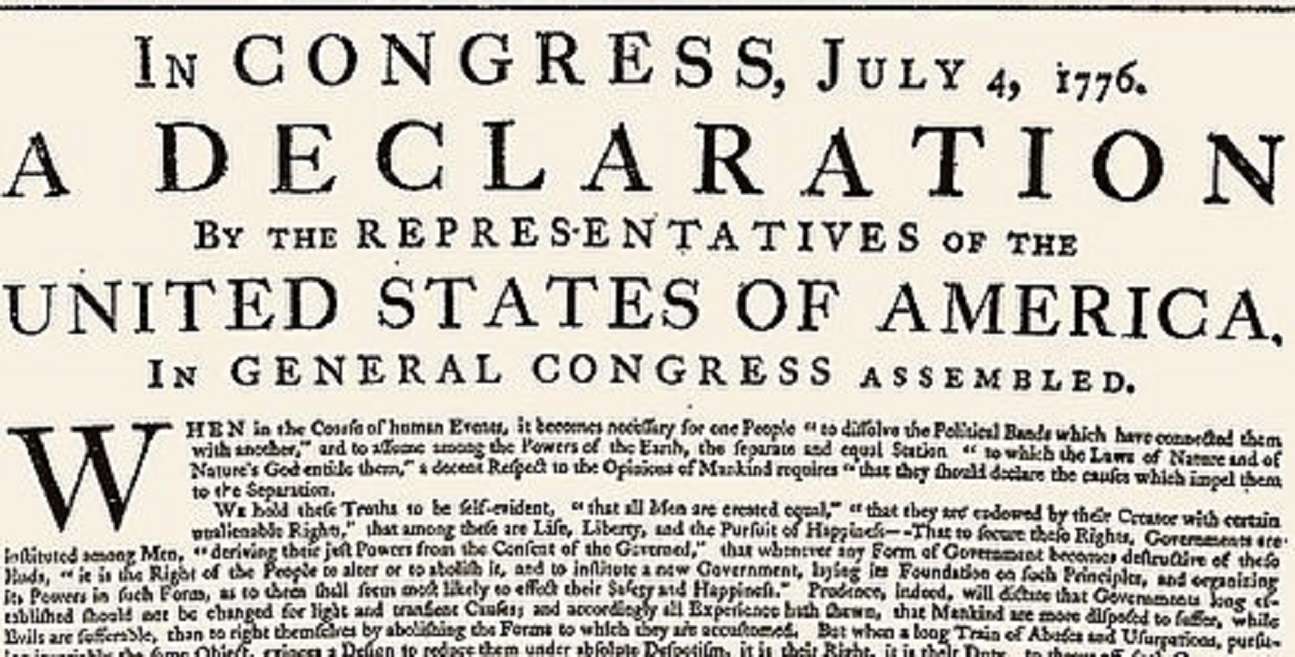There is uncertainty surrounding President Biden’s potential re-election bid, despite his assurances to stay in the race. This uncertainty has shifted the spotlight onto Donald J. Trump’s strategic considerations for selecting his Republican running mate.
Some close associates of the former president have expressed a desire for him to explore younger or more diverse candidates, potentially countering the prospect of someone like Kamala Harris replacing Mr. Biden as the Democratic nominee.
This situation could benefit candidates like Senator J.D. Vance of Ohio, one of the youngest senators, and Senator Marco Rubio of Florida, whose Cuban American background is a key aspect of his political identity.
However, within Mr. Trump’s inner circle, there is a belief that Governor Doug Burgum of North Dakota has emerged as a stronger contender following Mr. Biden’s lackluster debate performance. Governor Burgum brings executive experience from his time in office and a successful career in business, making him a viable option for the Republican ticket.
The countdown to Mr. Trump’s announcement has officially begun, with preparations already underway. His campaign has secured an airplane dedicated to the Republican vice-presidential nominee, awaiting Mr. Trump’s decision in an undisclosed hangar.
Anticipation is also building for Mr. Trump’s upcoming rallies, including one at his property in Doral, Florida, and another in Butler, Pennsylvania. These rallies hold significance in key locations and could play a crucial role in shaping the campaign narrative.
Mr. Trump’s delay in naming a running mate is strategic, aiming to maintain focus on the current political landscape. As calls for Mr. Biden to step aside grow louder within the Democratic Party, Mr. Trump’s decision on a running mate becomes increasingly pivotal.
Republican strategist Scott Reed emphasizes the importance of choosing a candidate who can help secure crucial battleground states like Michigan, Wisconsin, and Pennsylvania. These states hold significant electoral value and could determine the outcome of the election.
Looking ahead, Mr. Trump’s focus remains on candidates who can contribute to fundraising efforts, demonstrate discipline on the campaign trail, avoid overshadowing him, and perform well in a vice-presidential debate.
Mr. Trump’s belief that the election hinges on the presidential candidates rather than their running mates underscores his pragmatic approach to the campaign. While this perspective assumes Mr. Biden’s continued candidacy, it remains relevant regardless of the opposition.
Polls indicate that preventing a second term for Mr. Trump is a priority for many Democratic voters, potentially influencing his vice-presidential selection process. As the election unfolds, Mr. Trump’s strategic decisions will play a crucial role in shaping the outcome.





